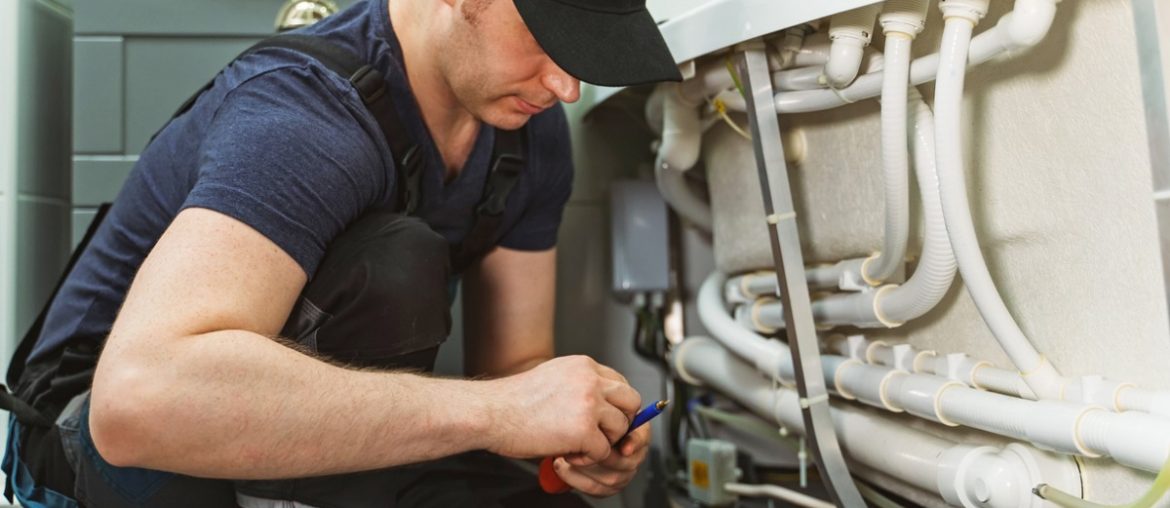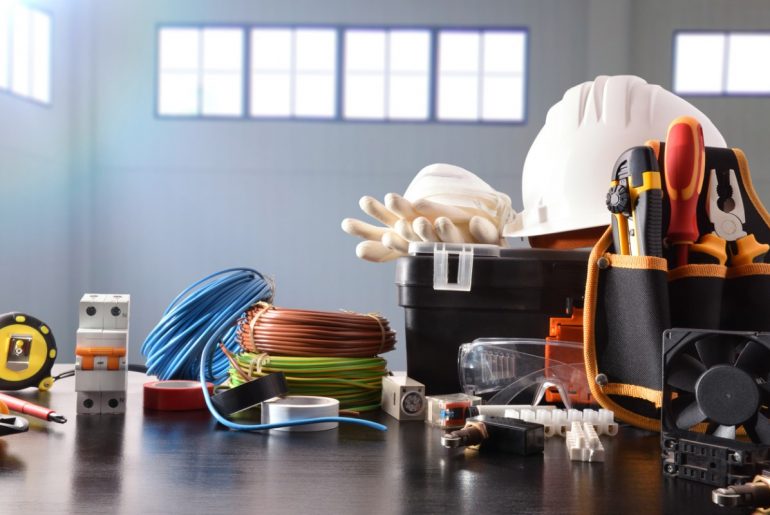Just how much do plumbers make from state to state? Does it actually matter where you live if you want to be a plumber?
The answer is yes! Plumbers’ salaries vary not only by location but also by experience and job title. We’ve compiled the information you need to know about residential and commercial plumbing salaries right here in this easy-to-read guide.
Keep reading to see our top states for plumbers’ salaries and the vast salary ranges. Then read on as we give you a full breakdown of what you should expect if you’re thinking of becoming a plumber—no matter where in the country you might be.
- The Top 10 States with Highest Plumber Salaries
- 10 States Where the Plumber Average Salary is the Least
- Why Do Plumber Salaries Differ From State To State?
- Types of Bonuses Considered For Plumbers
- How Does a Plumber’s Average Salary Compare To Similar Careers?
- How Much Do Plumbers Make Hourly?
- Where Are the Highest-paid Plumbers?
- Job Description for Plumbers
- Start Using Plumbing Software
- Benefits of Service by WorkWave
- Final Thoughts
The Top 10 States with Highest Plumber Salaries
Based on state and experience, here are the numbers about the average plumber salary:
| State | Entry (0-2 years) | Supervisor (7+ years) | Average Base Salary | % Above National Average |
|---|---|---|---|---|
| Minnesota | $57,400 | $83,275 | $68,516 | 20% |
| Alaska | $51,533 | $74,761 | $61,512 | 26% |
| California | $74,075 | $107,465 | $88,419 | 60% |
| Connecticut | $59,816 | $86,778 | $71,399 | 27% |
| Massachusetts | $59,318 | $86,056 | $70,804 | 28% |
| Washington | $59,908 | $86,912 | $71,509 | 30% |
| Utah | $52,439 | $76,077 | $62,594 | 28% |
| New Hampshire | $49,101 | $85,741 | $70,546 | 28% |
| Oregon | $71,559 | $103,815 | $85,416 | 55% |
| Rhode Island | $54,787 | $79,483 | $65,396 | 13% |
10 States Where the Plumber Average Salary is the Least
If your goal is to make a lot of money working as a plumber, it’s probably best to avoid these ten states. Using data from the Bureau of Labor Statistics, here is a list of the 10 least lucrative states for plumbers.
| State | Entry (0-2 years) | Supervisor (7+ years) | Average Base Salary | % Below National Average |
|---|---|---|---|---|
| Arkansas | $45,177 | $65,541 | $53,926 | 22% |
| North Carolina | $42,885 | $62,216 | $51,190 | 13% |
| South Carolina | $40,985 | $59,460 | $48,922 | 11% |
| Florida | $41,991 | $60,919 | $50,122 | 19% |
| South Dakota | $46,204 | $67,032 | $55,152 | 0% |
| Alabama | $44,160 | $64,066 | $52,712 | 0% |
| West Virginia | $38,884 | $56,412 | $46,414 | 16% |
| Mississippi | $37,376 | $54,224 | $44,614 | 19% |
| Idaho | $45,004 | $65,290 | $53,719 | 17% |
| Arizona | $45,640 | $66,213 | $54,478 | 16% |
Why Do Plumber Salaries Differ From State To State?
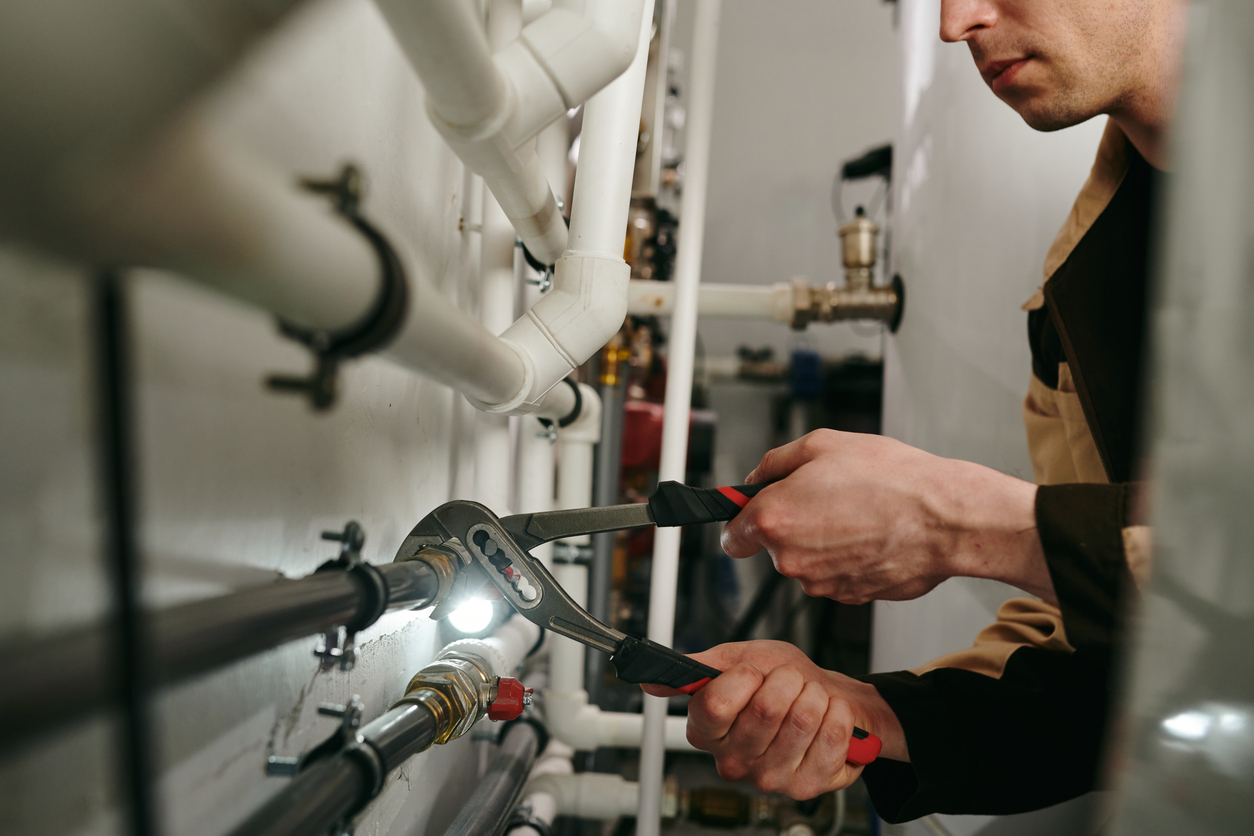
Since the time of Thomas Edison, people have been debating the question, “What’s the deal with plumber salaries?”
While it is a little difficult to know exactly why plumbers in different states are paid differently, there are some common-sense reasons that explain the difference.
Cost of Living
The cost of living in each state is bound to be different. This means you’ll need more money to live comfortably in one state than in another. So if your job pays the same in California as it does in Texas, but it costs more to live in California than in Texas, then you’re not going to be able to live as well in California as you could in Texas.
Number of Plumbers
Another reason for the difference in pay is how many plumbers there are within each state. The more plumbers there are within a given area, the greater the competition they will have with one another. This leads to lower salaries because they have to compete with each other for jobs by lowering their rates.
Laws on Remuneration
The first is the law on remuneration. States like California, Illinois, and New York have higher minimum wages than states like Texas, Utah, and Arkansas, so that can make a difference when it comes to answering “How much does a plumber make?”
The Demand for Plumbers
If there are more plumbers than the number of jobs available, then they will have to compete to get the jobs, and that means taking a lower salary. But if there are way more jobs than there are plumbers in an area, then the plumbers can be pickier about what kind of work they do and for how much money.
Need for Qualified Candidates
The most prominent factor in deciding a plumber’s salary is the need for qualified candidates. The states with the highest average salaries often struggle with an insufficient number of applicants, which prompts companies to offer higher wages.
For example, if you’re a plumber living in Louisiana and you look across the border at Texas, you’ll notice that plumbers there earn nearly $15k more per year on average. That’s because Texas has a larger demand for qualified workers than Louisiana, so companies in Texas are willing to pay more for skilled plumbing technicians.
Types of Bonuses Considered For Plumbers

There are two main types of bonuses that plumbers working for other companies may receive:
Individual Performance-Based Bonuses
The most common type of bonus given to plumbers is an individual performance-based bonus. These bonuses are typically given out based on a variety of factors, including customer service scores and whether or not a plumber has completed projects within budget and on time.
Company Performance Bonuses
Plumbers who work for larger companies sometimes receive company performance bonuses. These bonuses are based on the overall success of the company throughout a specific period of time, such as quarterly or annually.
While this type of bonus can be significant if the company does well, it may not always be given out because it depends on how much money is left over at the end of each fiscal period.
Goal-Based Bonuses
This type of bonus is typically reserved for high-performing individuals or teams, and it is often used as an incentive for people to meet certain goals.
For example, if a company aims to increase its sales by 15% over the course of a year, it might offer a bonus to all team members who achieve this goal. Typically, these bonuses are paid out annually or quarterly, and they depend on the employee’s value in meeting the stipulated goals.
In some cities, the companies might set a complete schedule for a commercial project. If plumbers finish the task within the set time, they are awarded a goal-based bonus. The goals should be discussed with employees beforehand so everyone is aware of what they need to do in order to get paid more money at the end of each month.
Holiday and End-of-Year Bonuses
Holiday bonuses for plumbers are not uncommon. This is a good way to ensure that your team has the resources they need to do their job, and it helps them enjoy the holidays in a particularly pleasant way.
Some options offered are:
- One-time bonus: A one-time bonus might be the best approach for you. It’s a clear benefit to your staff that will have little impact on your bottom line and no ongoing obligation. You can also leverage it as a marketing tool, allowing you to tell people about the holiday bonus when they’re considering hiring you.
- Paid time off: If you don’t have any plans to outsource your work, then this may be the best option for you. You can set up a benefit that allows your employees to take paid time off during the holidays if they so choose, and you can offer them the option of receiving a small bonus if they do so. To make it work, consider setting up an automated payment system so employees know how much time is being accrued against their vacation balance.
- Holiday party: Another potential bonus is arranging for your team to enjoy an evening out at a local restaurant or club that’s normally closed on Christmas Eve and Christmas Day. By doing this, you’re helping them enjoy the season in line with their career.
How to Fetch a Good Salary as a Plumber in America
The U.S. Bureau of Labor Statistics reports that the average plumber earns $52,590 a year, which means that half of the people who work in this profession earn less. The best-paid 10 percent of plumbers earn more than $91,380 annually, while the bottom 10 percent make less than $30,100 per year. The median annual salary for plumbers is $50,620.
However, plumbers have a chance to fetch a good salary across the United States.
Acquire Education and Training
If you are planning to become a plumber in the United States, you need a high school diploma or equivalent. You can then apply for an apprenticeship program at your local union or technical college. Most apprenticeships last between four and five years and provide on-the-job training and theoretical education in classrooms.
While completing your apprenticeship program, you have to meet the requirements set by the school or college where you are enrolled. After completing your apprenticeship program, you can take a certification exam through the National Inspection Testing and Certification Corporation (NITC) to receive your Journeyman Plumber certification. This way, you can seek well-paying plumber jobs in the United States.
Gather Experience
To get hired as a plumber in America, you must be at least 18 years old and have a minimum of two years of experience working under the direct supervision of an experienced plumber.
Acquire Relevant Plumbing Licenses
Some states require that one have a state-approved license before one can start working independently as a plumber. You can take up these exams while still studying and learning about different aspects of plumbing.
These certifications are not required to become a successful plumber, but they demonstrate your expertise and commitment to the field. Hence, you can negotiate for higher pay.
There are two main certifications you can earn:
- Master Plumber Certification: This certification assesses your knowledge and skills related to installing, maintaining, and repairing plumbing systems and fixtures. To qualify for this certification, you will need several years of experience as a licensed journeyman/journeywoman plumber and passing scores on the Master Plumbing exam given by your state’s licensing agency.
- Plumbing Contractor Certification: To become a registered plumbing contractor, you will need at least one year of experience working for someone else who holds this certification. To get your certification, you will have to take exams that test your plumbing and business skills.
Know Your Worth, but Don’t Overestimate It
The more experience levels you reach, the higher the salary you can command. Likewise, if you’re a member of the International Association of Plumbing and Mechanical Officials (IAPMO) or any other certification, you’ll earn more than someone who isn’t.
However, there are limits — you don’t ask for $150,000 a year if you have little experience. As a rule of thumb,
- Apprentice plumbers make $18 to $25 per hour or about $37,000 to $52,000 per year
- Journeyman plumbers make $21 to $28 per hour or about $45,000 per year
- Master plumbers make at least $70,000 per year
Get Started With Service Software!
How Does a Plumber’s Average Salary Compare To Similar Careers?
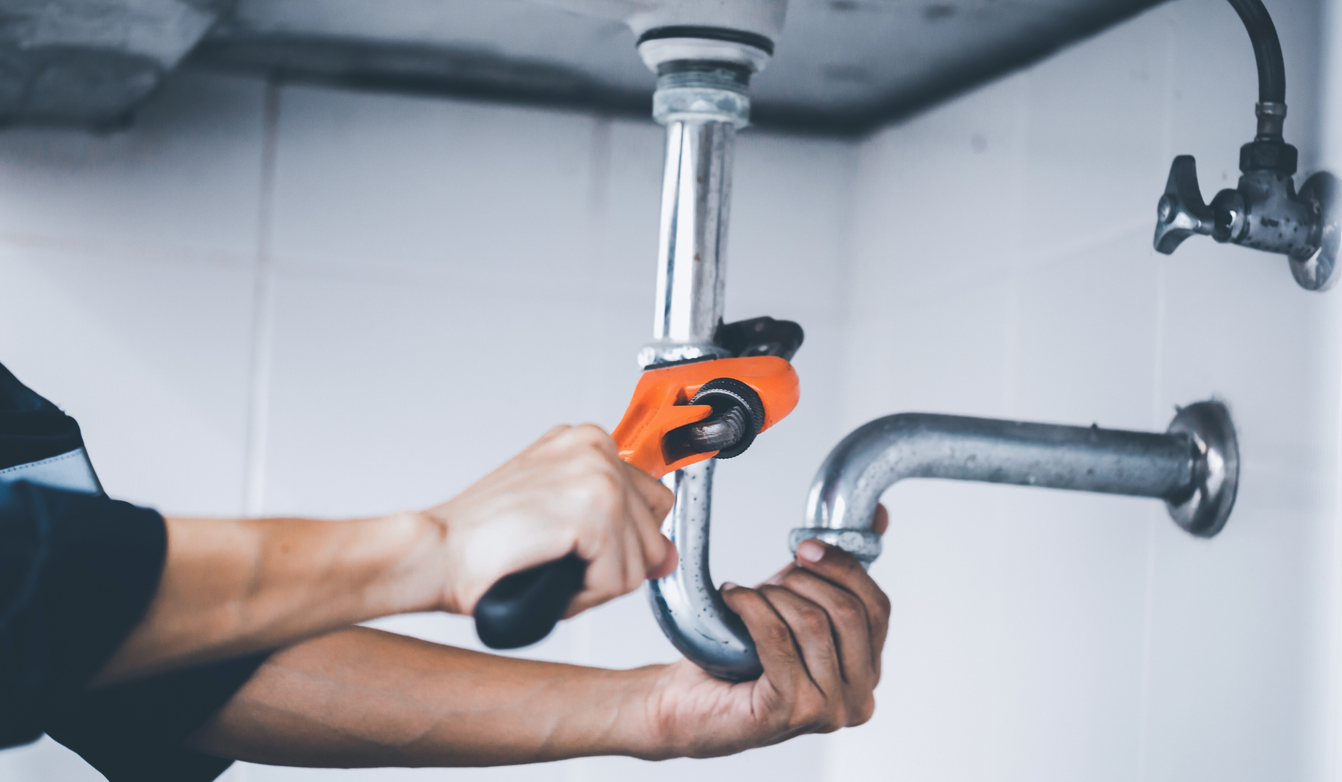
The United States pays plumbers about the same as their counterparts in related fields. However, their average pay is less than that of building inspectors. Also, the plumbers earn more than marble setters and fitters.
Here is a list of similar careers with similar salaries.
- Marine plumber: $63K
- Building inspector: $61K
- Crane operator: $57K
- Ironworker: $55K
- Pipefitter: $54K
- Plumber: $51K
- Brick Mason: $48K
- Plasterer: $45K
- Cement mason: $45K
- Tile and marble setter: $43K
How Much Do Plumbers Make Hourly?

Plumbers in the United States earn an average hourly wage of $24.35 per hour as of March 22, 2022.
Hourly wages can go up to $37.50 and drop to $11.06. The typical pay for a plumber ranges up to $8.41, implying several prospects for growth and higher income dependent on location, skill level, and experience.
For instance, the Plumber employment market in Atlanta, GA, and the surrounding area is quite active due to job listings on different job sites. Knowing the hourly rates of your state makes it easy to quote and estimate your plumbing work.
Here are the top cities with the highest plumber salary per hour.
| City | Hourly Rate |
|---|---|
| San Mateo, CA | $28.80 |
| Juneau, AK | $28.25 |
| Boston, MA | $28.20 |
| Santa Monica, CA | $27.85 |
| Quincy, MA | $27.84 |
| Renton, WA | $27.74 |
| Berkeley, CA | $27.74 |
| Daly City, CA | $27.66 |
| Queens, NY | $27.39 |
| Lowell, MA | $27.31 |
Where Are the Highest-paid Plumbers?
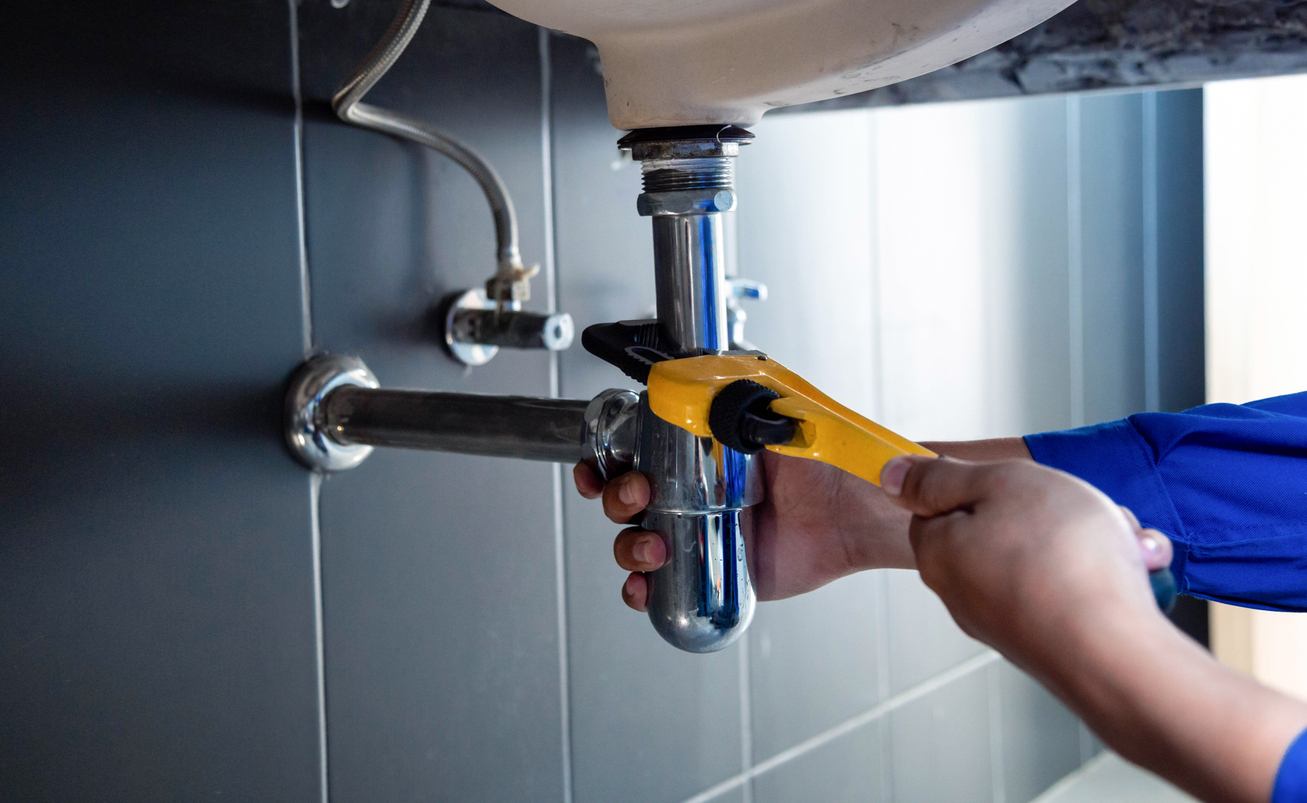
At least five positions in the Plumber job category pay more than an average Plumber’s income per hour. These roles include journeyman dedicated owner-operator, plumber subcontractor, and licensed plumber working from home.
Notably, each position pays between $21,920 (43.3%) and $83,430 (164.7%) more than the average plumber’s income of $24 per hour. If you’re qualified, being recruited for these certified Plumber jobs may enable you to earn more money than an ordinary Plumber.
Look at the summary below:
| Job Title | Hourly Pay |
|---|---|
| Plumbing Supervisor | $34.89 |
| Plumbing Manager | $35.13 |
| Work From Home Licensed Plumber | $35.68 |
| Plumber Subcontractor | $52.09 |
| Journeyman Dedicated Owner Operator | $64.46 |
Job Description for Plumbers
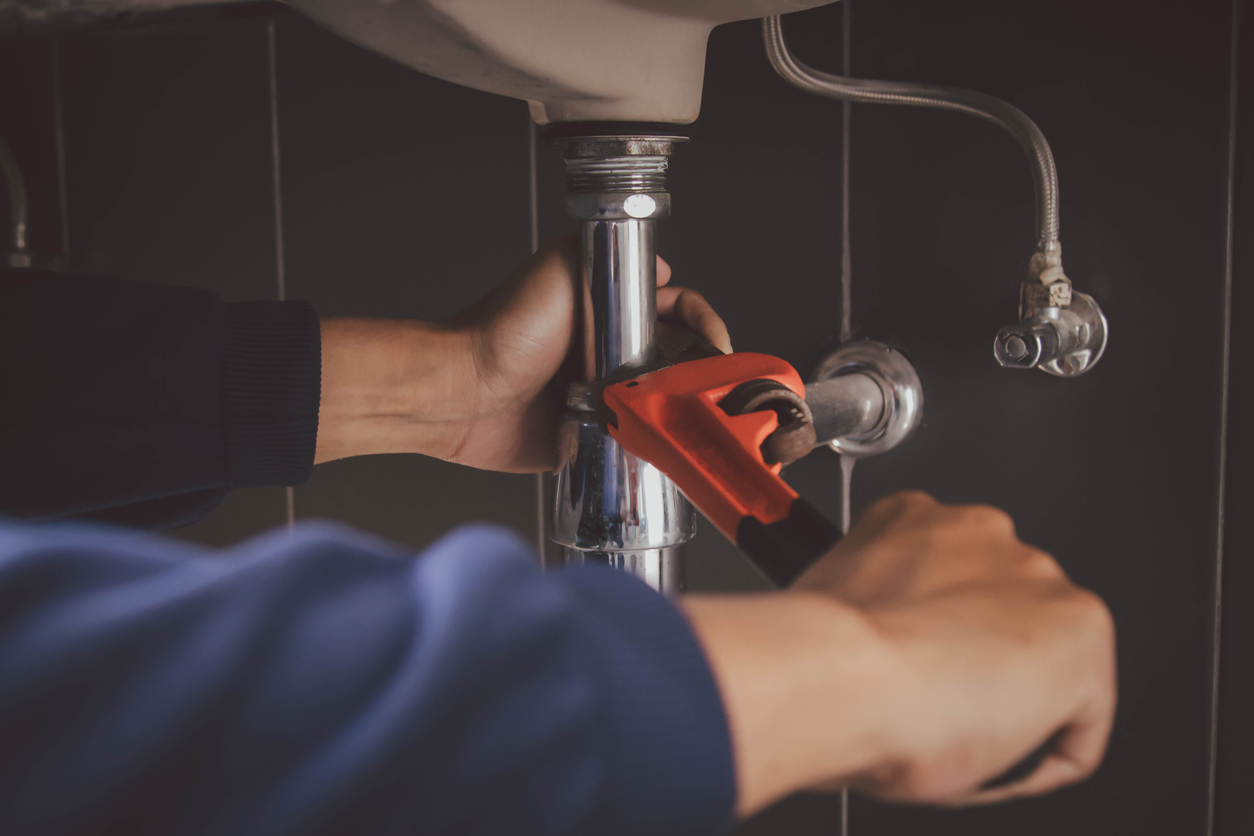
If you want to be a plumber in the US, your duties as a plumber include the following:
- Set up pipes and fixtures, including toilets and sinks, for gas, steam, water, air, or other liquids
- Install pipe, equipment, and fixture supports before installation
- Use hand and power tools to thread or bend the pipe into the desired angle
- Join pipes using screws, plastic solvent, couplings, bolts, clamps, or soldering equipment
- Watch pressure gauges and fill pipes or plumbing fixtures with water or air to find and detect leaks
- Mark pipe installations, fixtures, connections, and passage holes in structures
- Inspect plumbing systems to evaluate their condition and ensure proper operation
- Dismantle plumbing fixtures when necessary for repairs or replacement of parts
- Install or repair pipes by cutting holes in walls or floors
- Identify optimal work procedures by reviewing blueprints and building codes
- Repair broken pipe sections by cutting out sections of pipe from the broken sections with saws or similar cutting tools
- Follow state and local building regulations based on the plumbing codes
- Inspect worksites to ensure safety regulations adherence
- Prepare cost estimates for clients
Plumbers typically work in private homes or business offices, where they install or repair plumbing fixtures and appliances such as toilets or sinks. Plumbers can also work in commercial construction settings to design and build large pipe networks for sewage treatment plants or industrial water systems.
Plumbers should have strong customer service skills as they deal with members of the public daily. They should be friendly, courteous, and polite while performing their duties during visits to customers’ homes and businesses.
Start Using Plumbing Software
In addition to starting a career in plumbing, another way to improve your plumbing projects, especially if you decide to start a plumbing company, is by incorporating plumbing software like Service by WorkWave into your workflow. Plumbing software can help streamline processes, improve communication with clients and team members, and increase efficiency in project management.
Benefits of Service by WorkWave
Service by WorkWave offers numerous benefits for plumbing businesses looking to effectively manage and attract new customers. Some of the key advantages include:
1. Improved Efficiency: Streamlines operations and helps employees work more efficiently. With features like real-time scheduling, route optimization, and mobile access to important information, employees can complete their tasks more quickly and accurately.
2. Enhanced Communication: Allows for better communication between team members, customers, and management. This leads to fewer misunderstandings, faster response times, and overall improved customer satisfaction.
3. Increased Customer Satisfaction: With improved communication, faster response times, and better service delivery, customers are more likely to be satisfied with your plumbing business. This can lead to repeat business, positive reviews, and overall growth.
Final Thoughts
Plumbers can earn a great living — if they’re in the right place. Plumbers are in high demand in most states and make an average salary well above the national average. But in some areas, plumbers may struggle to find work or may have to work for meager pay.
If you’re looking to become a plumber, are considering a relocation or simply trying to answer “How much do plumbers make an hour?”, it’s essential to look at the state of plumbing salaries in your area. Use the above data and optimize your plumbing opportunities.
Partnering with Service by WorkWave can provide plumbers with the necessary tools to succeed in the industry and stand out from competitors. With features like real-time scheduling, route optimization, and enhanced communication capabilities, plumbers can streamline their operations, improve customer satisfaction, and ultimately grow their business. Schedule your free demo today!

